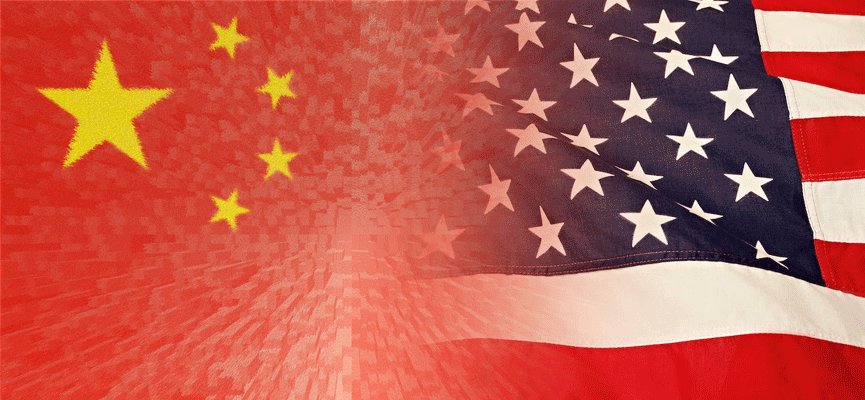In a significant revelation, a Biden administration official has confirmed that China has been operating a spy base in Cuba since at least 2019. The base is part of Beijing’s global strategy to enhance its intelligence-gathering capabilities. The official, speaking on the condition of anonymity, revealed that the U.S. intelligence community has long been aware of China’s spying operations from Cuba and its broader efforts to establish intelligence-gathering facilities worldwide.
Efforts to Counter Chinese Espionage Intensify
Recognizing the threat posed by China’s expanding spying operations, the Biden administration has escalated its efforts to counter Chinese influence. The administration believes it has made progress through diplomatic initiatives and other undisclosed actions. The existence of the Chinese spy base was brought to light after The Wall Street Journal reported on an agreement between China and Cuba to construct an electronic eavesdropping station on the island. However, both the White House and Cuban officials have dismissed the report as inaccurate.
Ongoing Chinese Espionage Activities
According to the administration official, Chinese spying from Cuba is not a new development but an ongoing matter. Since assuming office in January 2021, President Joe Biden’s national security team has been briefed by the intelligence community on various sensitive Chinese endeavors worldwide. Beijing has been assessing sites across different regions, including the Atlantic Ocean, Latin America, the Middle East, Central Asia, Africa, and the Indo-Pacific, as part of the People’s Liberation Army’s efforts to expand its influence. In 2019, China upgraded its spying operation on the island of Cuba, utilizing existing collection facilities.
Strained U.S.-China Relations
Tensions between the United States and China have persisted throughout President Biden’s term. The relationship reached a low point when former House Speaker Nancy Pelosi visited Taiwan, prompting China, which claims the island as its territory, to conduct military exercises around Taiwan. More recently, U.S.-China relations were further strained after the U.S. shot down a Chinese spy balloon that had entered American airspace. China was also displeased with Taiwanese President Tsai Ing-wen’s visit to the U.S., where she met with House Speaker Kevin McCarthy. Despite these challenges, the White House remains eager to reestablish high-level communication with China.
Efforts to Improve Communication
To improve communication and address the complex bilateral relationship, key officials from the United States and China have engaged in meetings. Secretary of State Antony Blinken, whose planned trip to China was previously canceled, is now expected to travel to Beijing on June 18 for discussions with senior Chinese officials. CIA Director William Burns recently met his Chinese counterpart in Beijing, while White House National Security Adviser Jake Sullivan held talks with his Chinese counterpart in Vienna. Defense Secretary Lloyd Austin also briefly interacted with China’s Minister of National Defense at a security forum in Singapore, despite an earlier rejection of a meeting request by China.
As tensions persist and China’s espionage operations come to light, the United States remains committed to countering these activities through diplomatic means and strengthening communication channels to address the complex issues in the U.S.-China relationship.

